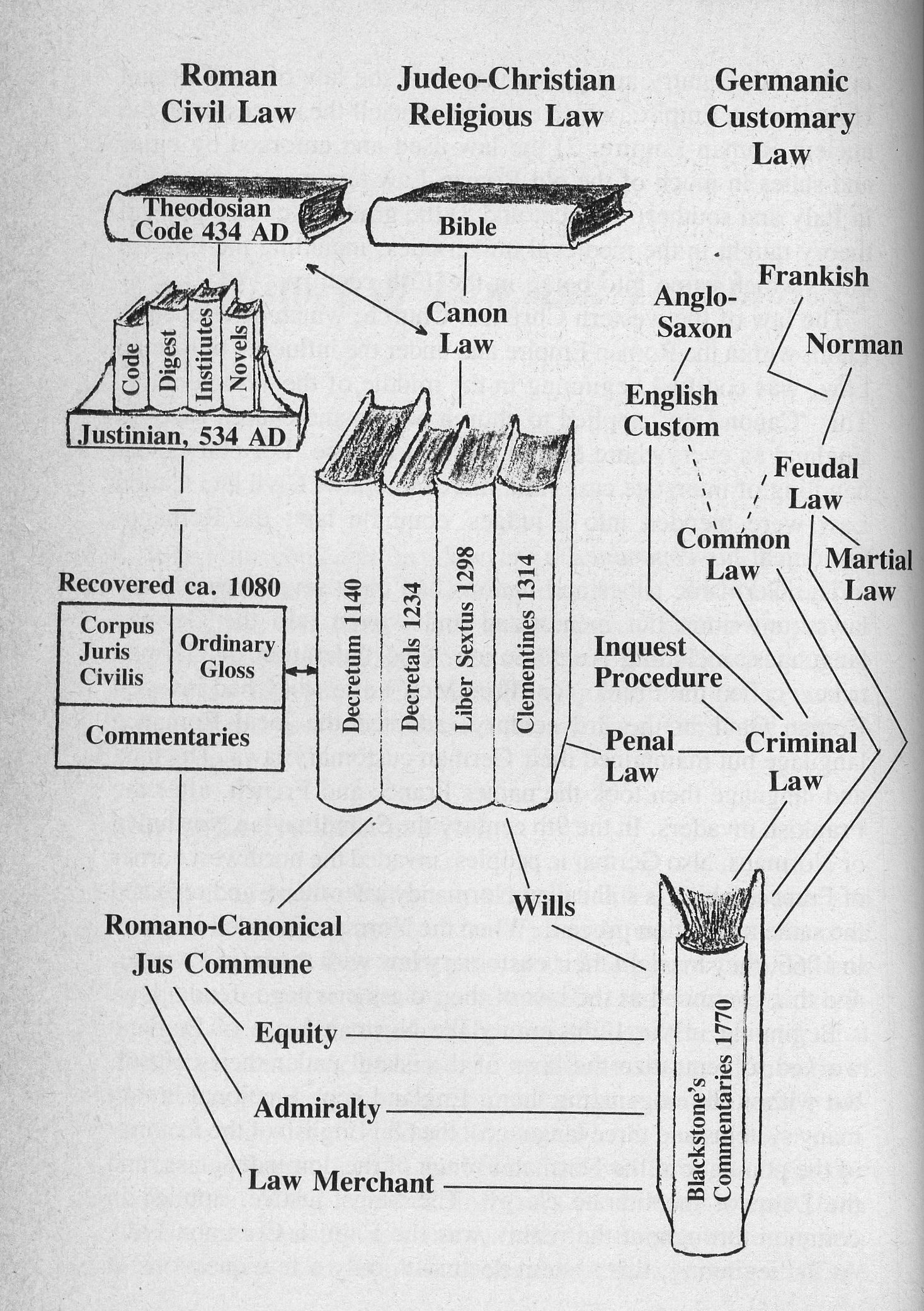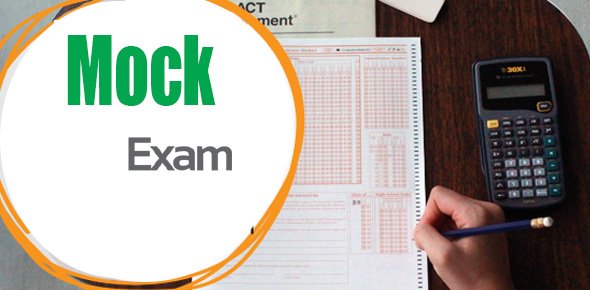LEGAL TERMINOLOGY YEAR 1 (DIDASKALEION)
Effrossyni Fragkou
This course provides an introduction to legal terminology by examinig different aspects of common law vs civil (continental) law and by comparing different legal systems and their corresponding actors. A significant number of topics will be covered, ranging from the structures of courts in the UK and the USA, as opposed to courts in Greece, the main actors of the various systems of the daministration of justice, to company law and the stock exchange, to penal law and many other topics in between.
The aim of this course is to provide students with significant knowledge of legal terminology and to help them converse easily in English by using specialized terms. The written component of expressing oneself in English for legal purposes is a important part of this course. Students will practice to readily identify, understand, (re)producing (summarize, re-phrase and re-arrange), deconstruct and create original texts in English by respecting the corresponding typology of each text and the purpose it serves.
Students will be challenged to participate actively in class to put into practice existing knowledge and the new things they learn on a weekly basis.
Less
This course provides an introduction to legal terminology by examinig different aspects of common law vs civil (continental) law and by comparing different legal systems and their corresponding actors. A significant number of topics will be covered, ranging from the structures of courts in the UK and the USA, as opposed to courts in Greece, the main actors of the various systems of the daministration of justice, to company law and the stock exchange, to penal law and many other topics in between.
The aim of this course is to provide students with significant knowledge of legal terminology and to help them converse easily in English by using specialized terms. The written component of expressing oneself in English for legal purposes is a important part of this course. Students will practice to readily identify, understand, (re)producing (summarize, re-phrase and re-arrange), deconstruct and create original texts in English by respecting the corresponding typology of each text and the pu
This course provides an introduction to legal terminology by examinig different aspects of common law vs civil (continental) law and by comparing different legal systems and their corresponding actors. A significant number of topics will be covered, ranging from the structures of courts in the UK and the USA, as opposed to courts in Greece, the main actors of the various systems of the daministration of justice, to company law and the stock exchange, to penal law and many other topics in between.
The aim of this course is to provide students with significant knowledge of legal terminology and to help them converse easily in English by using specialized terms. The written component of expressing oneself in English for legal purposes is a important part of this course. Students will practice to readily identify, understand, (re)producing (summarize, re-phrase and re-arrange), deconstruct and create original texts in English by respecting the corresponding typology of each text and the pu


Welcome to Legal Terminology Year 1, Section 2!
The aim of this course is to initiate you into the world of English Legal Terminology.
In this course, we will focus on:
- A comparative analysis of the Greek legal system, on the one hand, and the English, American, Canadian and Australian. legal systems on the other.
- The structure of court systems and other institutions involved in the administration of justice.
- Basic legal principles and their equivalence or lack thereof in the Greek legal system.
- Legal typologies through a comparative analysis of fundamental legal documents in English and in Greek.
By the end of this course, students will be able:
- To converse in legal English both idiomatically and with fluency
- To draft documents by using the appropriate typology, terminology, grammar and syntax
- To cooperate effectively with legal professionals in other parts of the world.
This course is tailored to the needs of:
- Students of law who are interested in pursuing studies abroad.
- Legal professionals who are working with international clients.
During this week, we will set out the requirements of this course. Click here to review the presentation shown in class.
You may also like to review the Worksheet we introduced in class. Some preliminary vocabulary work was done after having watch a video on the origine and the meaning of law. To review the video, click here.
Welcome to Week 2!
During this week, we emphasize on the structure of the US legal system. We examine the structure of this systems with its major courts and agents.
The purpose of this session is to:
- Familiarize students with the US Legal structure of the administration of justice as it is divided between the federal and state jurisdiction.
- Draw parallels with the Greek court system, its various levels of jurisdiction and the courts included in each of the said jurisdictions.
- Understand the differences among the legal systems compared in this section.
- Practice on how a trial (both civil and criminal) is run in US courts.
By the end of this session:
- Students will acquire useful terminology.
- Familiarize themselves with a different legal system.
- Be able to name the various instances and the agents operating in it.
Make sure to consult the material corresponding to this week and to complete this week's assignment.

Welcome to Week 3!
This week we are getting to know the inside of a Small Claims Court in the US.
During this session we will be working on
- understanding the responsibilities of the Small Claims Courts in the US
- the people involved in a lawsuit brought before a Small Claims Court
- the role of the judge and the claimants
- the types of dispute
By the end of this session, students will be able to readily identify
- key vocabulary pertaining to legal actions associated with Small Claims Courts
- the difference and similarities of the equivalent tribunal in the Greek System of the Administration of Justice
The aims of this session are to develop in students:
- reading and listening skills
- speaking skills
- use of specialized vocabulary in context
The objectives of this sessions are to allow students to
- get used to relatively informational texts describing of the Small Claims Courts in the US
- scan the reference text for specific information by answering reading comprehension questions
- develop specialized vocabulary
- use this vocabulary in context by practicing their speaking skills.
For the implementation of skills, please also visit the glossary that has been created for the purposes of this session and which is to be enriched throughout the academic year. For the glossary, click here.

Welcome to Week 4!
During this week, we emphasize on the structure of the English Court System and more particularly on the workings of the Magistrate Court, the County Court and the Family Court.
The purpose of this session is to:
- Familiarize students with the most commonly used Courts of first instance in England and Wales.
- Draw parallels between the family law in England and Wales and in Greece.
By the end of this session students will have:
- acquired the corresponding terminology.
- been familiarized with the basic procedures and the people of the Family Court.
- been able to describe a case that is being brought before the said jurisdiction, in one of the Courts discussed in this section.

Welcome to Week 6!
During this week, we emphasize on the structure of the English Court System and more particularly on the workings of the High Court of England and Wales.
The purpose of this session is to:
- Familiarize students with the most important Appelate Court in England and Wales.
- Draw parallels between the Justices presiding over Appelate Courts in England and Wales and their Greek counterparts
By the end of this session, student will have:
- Acquired the corresponding terminology
- Familiarized themselves with the basic procedures and the people of the Hight Court
- Been able to describe a case that is being treated by the said jurisdiction
- Been able to name various legal documents
- The opportunity to work on their professional CVs.

Welcome to Week 5!
During this week, we emphasize on the structure of the English Court System and more particularly on the workings of the Crown Court.
The purpose of this session is to:
- Familiarize students with the most commonly used Appelate Court in England and Wales
- Draw parallels between the family law in England and Wales and in Greece.
By the end of this session students will:
- Acquire the corresponding terminology
- Become familiar with the basic procedures used and the people involved in the Crown Court of England, Wales and Australia
- Be able to describe a case that is being treated by the said jurisdiction.
To access this week's material, click here.

Welcome to Week 7!
This week we introduce for the first time the concept of Company Law (Εταιρικό Δίκαιο). We will start with an introduction to the key terms used when talking about companies as legal entities. We will then focus on company formation and management
During the first session dedicated to company law, we will be working on
- the legal duties of company directors
- the court's role in policing the above-mentioned duties and in implementing the law
- the various persons involved in managing and supervising and company an their respective roles, duties and responsibilities
- the most popular forms of company formation in the UK and in Greece
By the end of this session, students will be able to identify
- the various forms of companies in the UK and their correspondance to the various forms of companies found in Greece
- the roles of key actors in the various types of companies
- some key documents pertaining to company formation, such as the Memorandum of Association
- some basic documents pertaining to the communication of companies with their lawyers and legal advisors
The aims of this session are to develop
- readings skills
- the use of specialized vocabulary in context
The objectives of this session are
- to scan a text for specific information
- to develop company law-related vocabulary and use it in context
- to become familiar with special text types pertaining to company law and company formation
To view this week's material, please click here.

Welcome to Week 8!
During this week, we emphasize on how to draft a legal opinion.
The purpose of this session is to:
- Familiarize students with the function and typology of a legal opinion
- Understand the value and function of a legal opinion for lawyers in the anglo-american legal system.
By the end of this session students will:
- Be able to recognize the structure and function of the document entitled 'legal opinion'.
- Be able to draft a legal opinion
- Implement their knowledge in the field of Company law by advising an imaginary client on the course of action to follow by submitting a legal opinion
- Research the corresponding law in order to express a legal opinion and draft it.
To access this week's material, click here.

Welcome to Week 9!
During this week, we emphasize on the law of tort.
The purpose of this session is to:
- Familiarize students with some basic concepts of the law of tort in the Anglo-american system.
- Introduce patent law.
By the end of this session students will:
- Acquire the corresponding terminology.
- Familiarize themselves with legal documents pertaining to patent law.
- Be able to discuss patent law issues in conjunction with what applies in their national legal system.

Welcome to Week 11!
During this week, we build upon the research work that has been done during Weeks 9 and 10. .
The purpose of this session is to:
- Enhance students understanding of the difference between a brief and a letter of advice
- Allow students to move seamlessly from a legal brief to drafting a complete letter of advice.
By the end of this session:
- Students will practice specific writing skills.
- Familiarize themselves with some important aspects of language, such as modality and discourse markers
- Be able to scan for specific information in a text thus increasing theyr understanding of the text and fine-tuning their reading skills.

Welcome to Week 12!
During this week, we emphasize on negotiate as a lawyer on behalf of your client.
The purpose of this session is to:
- Familiarize students with the techniques and stages of negotiation.
- Help students prepare in order to defend their clients' rights.
By the end of this session students will:
- Acquire the negotiation skills
- Develop the corresponding speaking skills.
- Be able to work collaboratively as a team of lawyers.

Welcome to Week 13!
During this week, we emphasize on contract law.
The purpose of this session is to:
- Understand what are the main functions of a contract
- Introduce the typology of contracts in English
- Discuss issues of language as appeared in contracts
By the end of this session students will:
- Be able to identify the most common forms of contracts
- Understand the language of contracts
- Draft a contract in English
- Be able to advise clients on what to include in a contract.

Welcome to Week 15!
During this week, we emphasize on the concepts of intent, offer and acceptance in contract law.
The purpose of this session is to:
- Familiarize students with three basic concepts in contract law
- Draw parallels with similar legal concepts in the Greek language
- Read and understand Court decisions pertaining to aspects of when an offer is made and accepted
By the end of this session:
- Students will acquire useful terminology.
- Familiarize themselves with related genres.
- Be able to expand and theorize on the concepts of intent, offer and acceptance and argue (orally as well in writing) before a Court of law.

Welcome to Week 16!
During this week, we emphasize on competition law in a highly competitive and constantly envolving business environment.
The purpose of this session is to:
- Familiarize students with new forms of companies such as spin-offs, spin-inns and startups
- Define the emerging business landscape on a global scale
- Understand competition law within the current business framework
By the end of this session students will:
- Acquire useful terminology pertaining to the week's topic.
- Able to make the difference between a startup, a spinoff and a spininn.
- Develop their listening skills
- Be able to expand and theorize on the concepts pertaining to competition law in order to provide consultancy services to potential clients in a multi billion dollars environment.

Welcome to Week 17!
During this week, we expand our existing knowledge on competition. The purrpose of this session is to:
- Further students understanding of with new forms of companies such as spin-offs, spin-inns and startups
- Introduce the fundamentals of Mergers and Acquisitions
- Explan the role of the lawyer who specializes in M&As and the special skill sets they have to develop to work in this area of the law
By the end of this session students will:
- Acquire useful terminology pertaining to the week's topic.
- Develop their listening skills
- Develop speaking skills
- Develop basic negotiation skills
- Combine legal and business (financial) vocabulary

Welcome to Week 18!
Today's session is dedicated to the Stock Exchange.
The aim of this session is to familiarize students with the Stock Exchange Markets and their most common financial practices.
In the course of this session, we will focus on:
- how companies become publicly traded
- what are the benefits for companies to trade on an exchange as opposed to being privately held
- the various types of shares
- investment practices (hostile vs. friendly)
- what are the workings of the stock exchange market
By the end of this session, students will be able to:
- expand their understanding of the concepts and vocabulary introduced in Week 17 (Mergers and Acquisitions)
- develop reading and listening skills
- be able to converse fluently using terms and concepts that pertain to the stock market.
Enjoy the session.

Hello everyone!
In this session, we will learn how to create an effective CV, by emphasizing on candidates with no or limited experience.
You will be asked to bring your own CV to compare and contrast against one another's. A comparative analysis will allow us to:
- focus on strenghts and weakenesss
- introduce best practices
- emphasize on cultural appropriateness with respect to CV creation
- avoid common mistakes that can be costly
Watch the introductory video provided here.
Then, access a series of templates made available below.
Please read the PPT presentation before trying your hand on writing your own CV.
Finally, read the article provided in here for more information on the differences between a resume and a CV.
Good luck with your first CV.

Welcome to Week 25!
In preparation of our final exam, on Week 26, we will be taking a Mock Exam together to understand:
- the nature of the final exam
- the structure of the final exam
- the challenges associated with the final exam
The aim of this exercise is to allow you to:
- demystify the exam
- prepare accordingly
- feel more at easy during the actual examination
Good luck!

Here you will find the material you need in order to prepare for your final exam.
Good luck!
Your instructor

